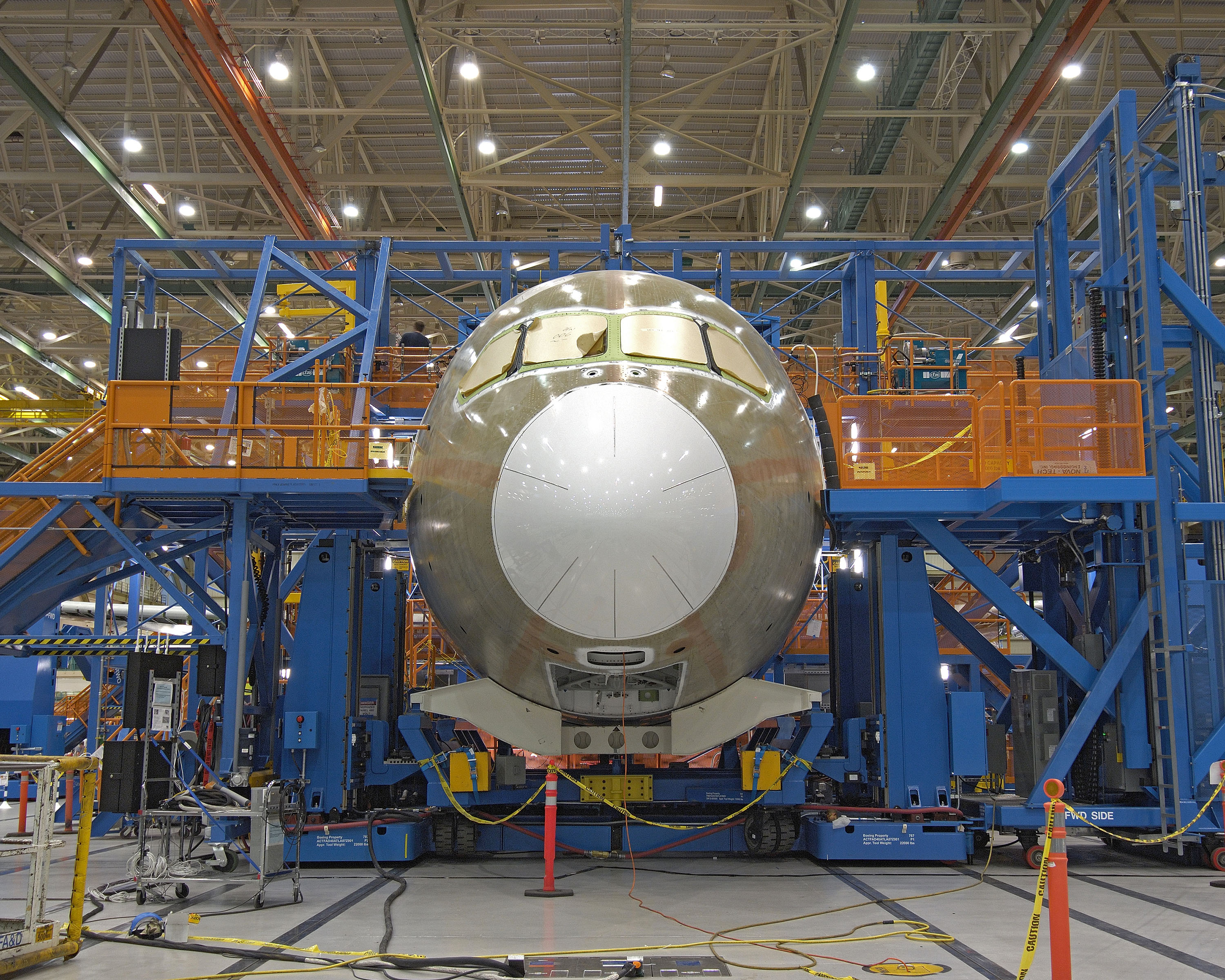A downturn in the global airplane business appears to be gathering speed, and the first big impact is clear: Boeing, which is already cutting production jobs on its 777 jet program in Everett, will likely have to announce further cuts within months.
Experts say the effects of a rapid decline in aircraft orders may ripple through other Boeing jet programs, curtailing planned production increases of the 787 Dreamliner and perhaps even the 737.
Executives at Boeing, which is set to deliver 99 of the large widebody 777s this year, have already said they"™ll cut deliveries to 85 next year and as few as 66 the year after.
Tens of thousands of people work on the 777 at Boeing and its suppliers in this state.
Boeing plans to keep building the 777 at those lowered production rates until production of the replacement 777X model ramps up beyond 2020.
But a yawning gap that now looms in the 777 delivery schedule for 2018 and 2019 means even that reduced pace of production isn"™t nearly slow enough.
Boeing"™s success this month in selling 10 of the 777s to Qatar Airways hasn"™t changed that equation.
Industry data compiled by aviation-analysis firm FlightGlobal shows Boeing still has only 29 deliveries of the jet to customers scheduled for 2018 and just nine deliveries the year after.
Boeing, which reports quarterly earnings to Wall Street on Wednesday, declined to comment, though it has publicly acknowledged a looming hole in its 777 production schedule.
Prospects for significant new 777 sales to fill that hole are dim.
After a dozen boom years of soaring orders and rising jet production, a consensus has emerged at aviation gatherings that the airplane industry is stalled and losing altitude.
Sales of current model 777s have dwindled from 194 sales five years ago to just 16 sales so far this year…



